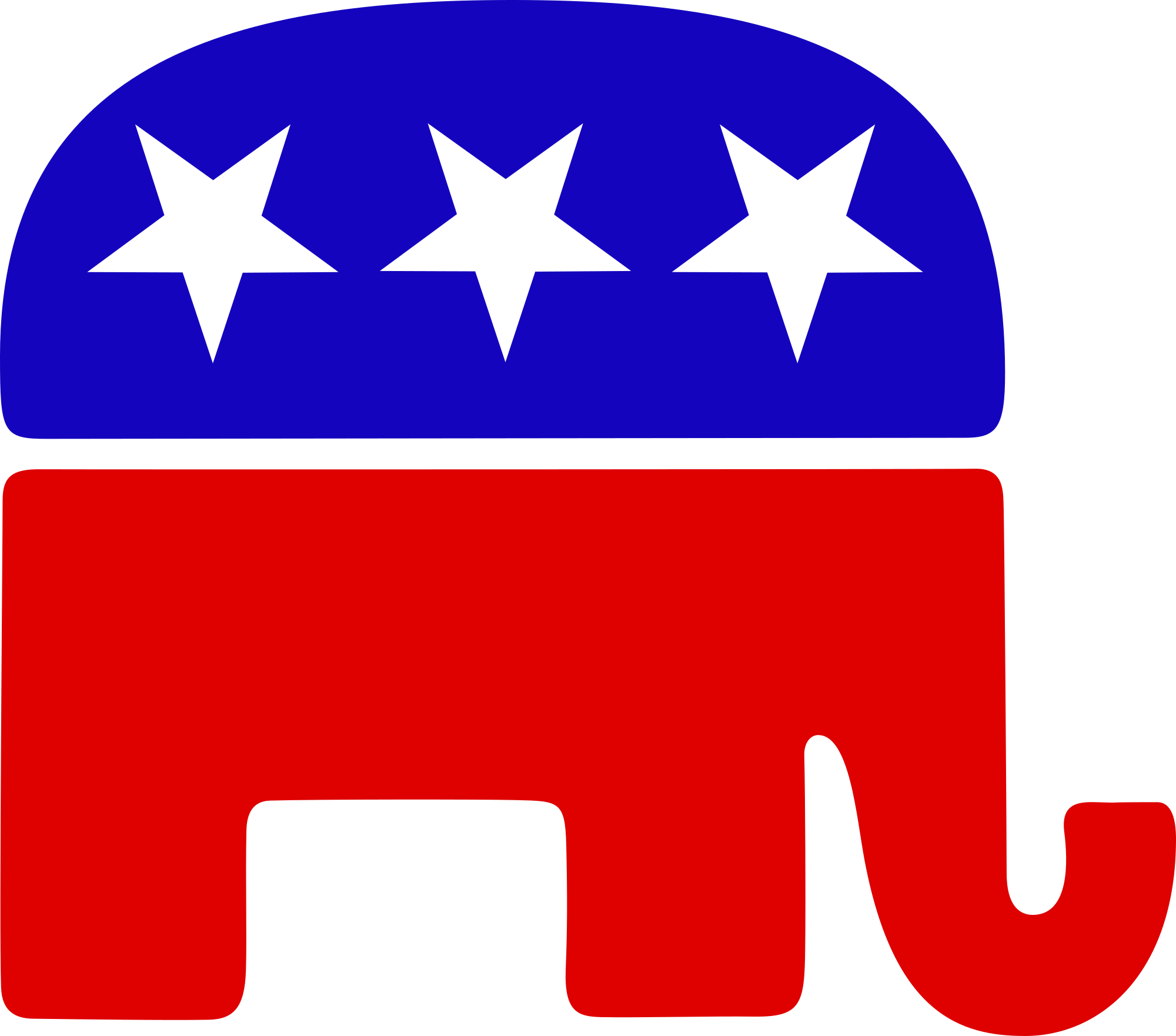Unit 4
Republican
Bradley Byrne has been the representative for Alabama’s 1st congressional
district since January 8, 2014. Byrne was a chancellor of the Alabama
Community College system from 2007-2009 in order to be able to run for the 2010
Republican nomination for the Governor of Alabama. Before his election to
represent Alabama’s 1st congressional district he served as a member of the
Alabama State Senate in the early 2000’s. Alabama is a very rural and
agriculture heavy district which fits my identity of a republican, rural and
agricultural atmosphere. Some of Byrnes biggest contributors in the 2016
race were Drummond Co, American Crystal Sugar, and Blue Cross/Blue Shield.
Byrne was first elected to congress in 2013 to finish Jo Bonner’s term.
He was then elected to serve out his first full term in 2014. Byrnes
committee assignments include education and the workforce, armed services, and
natural resources. According to a Mobile Press-Register article Byrne was
even thinking about running for chief justice of the Alabama Supreme Court back
in 2011. The ENCRYPT Act of 2016
involves security vulnerability mandates as well as different decryption
requirements. I couldn’t find Byrne
exact vote on this bill but I believe that he would be for it considering his
Republican background steers him away from bills that exasperate governmental involvement
and this bill limits their power. Byrne also voted yea for bills involving cyber security which correlates with encryption. He
voted yea on the National Cyber security Protection Advancement Act of 2015 and
the Protecting Cyber Networks Act. This act prevents states from being able to
ban digital encryption which is basically the encoding of digital messages for
privacy reasons. The Aviation
Innovation, Reform, and Re authorization Act of 2016 was created in order to
privatize air traffic control. I think
that Bradley would oppose this bill due to the governmental involvement and because
he opposed the privatization of social security. He may also oppose the bill due to his
previous involvement with the subcommittee on Tactical Air and Land
Forces. The third bill is the Sentencing
Reform Act of 2015 which would reform criminal sentencing laws as well as cover
a few other issues. Similar to the other
two laws I was unable to find his exact position but due to his party beliefs I
feel that he would be impartial or undecided because it helps lower prisoners
sentences in some ways but it lengthens them in others.




